“Young man, I tell you, arise!”
Our Lord’s miracle, recounted by Luke in today’s Gospel, takes place in Nain, a small Galilean city. As far as we know, this is His only visit to Nain, but it is hardly unimportant. He resurrects the only son of a widow. The reading includes the people’s reaction after the miracle: “A great prophet has arisen in our midst” and “God has visited His people.” What the story doesn’t tell us is the young man’s reaction after being resurrected. Which raises the question: What would you do if you had a second chance at life?
Surely, that man was overjoyed to be reunited with his mother, but perhaps the reality was more complicated. Death is sometimes compared to sleep. The dead are at rest, free from the labors of this world. Life means effort, work, sacrifice, pain. Perhaps the young man rejoiced at first, but soon realized that he’d have to experience death all over again—interior death, in the form of personal sacrifice and hard labor, and then eventually, physical death, arguably the worst natural suffering of all. He likely wouldn’t be very happy about enduring death twice.
Yet Our Lord chose him specifically, not someone else, to bring back to life. And no work of His is ever fruitless. That man had more life yet to live. Perhaps he’d spend the rest of his days testifying to Christ’s glory. Perhaps he’d spend them grappling with why he was resurrected and what purpose he might have. Either way, if the Lord of all creation brings you back to life, you’d probably reflect a little more carefully on what He sees in you, or what He hopes to see in you before you die (again).
We do not know how that young man died. We do not know how he lived his second chance at life. But thanks to the Gospels, we do have a glimpse into the heart of Christ. And Christ came that we might have life, and have it more abundantly. He has visited His people, and because He is the Creator of life itself, He brings life with Him. We are beyond blessed as Catholics to be able to receive that life anew—daily, if we desire—through the Eucharist and the other graces He pours out on us through the sacraments.
In this world, death is inevitable. That is not the question. It may come tomorrow, or twenty years from now. Even “when” is not the question. The question is, what are you doing with the life He has given you? Make no mistake, we are alive again today by His hand. Our Lord chooses you, today, right now, to live. Regardless of who you are or how old you are, He has a plan for your life that is far greater than can be easily imagined, just as He had a plan for that young man of Nain.
Every new day is our “second chance” at life. What are you doing with yours?
“Joven, yo te lo mando: Levántate”.
El milagro de nuestro Señor, narrado por Lucas en el Evangelio de hoy, ocurre en Naín, una pequeña ciudad de Galilea. Hasta donde sabemos, esta es su única visita a Naín, pero no deja de ser importante. Resucita al hijo único de una viuda. La lectura incluye la reacción del pueblo tras el milagro: “Un gran profeta ha surgido entre nosotros. Dios ha visitado a su pueblo”. Lo que la historia no nos dice es la reacción del joven después de resucitar. Lo que nos lleva a preguntarnos: ¿Qué harías tú si tuvieras una segunda oportunidad a la vida?
Sin duda, ese hombre estaba encantado de reencontrarse con su madre, pero quizás la realidad era más compleja. La muerte a veces se compara con el sueño. Los muertos descansan, libres de las fatigas de este mundo. La vida significa esfuerzo, trabajo, sacrificio, y dolor. Quizás el joven se regocijó al principio, pero pronto se dio cuenta de que tendría que experimentar la muerte de nuevo: la muerte interior, en forma del sacrificio personal y trabajo duro, y luego al final, la muerte física, posiblemente el peor sufrimiento natural de todos. Probablemente no estaría muy contento de sufrir la muerte dos veces.
Sin embargo, Nuestro Señor lo eligió específicamente a él, no a otra persona, para devolverle la vida. Y ninguna obra suya queda sin dar fruto. A ese hombre aún le quedaba vida por vivir. Quizás pasaría el resto de sus días dando testimonio de la gloria de Cristo. Quizás los pasaría lidiando con el motivo de su resurrección y su propósito de ser. De cualquier manera, si el Señor de toda la creación te devuelve la vida, probablemente reflexionarías un poco más cuidadosamente sobre lo que Él ve en ti, o lo que espera ver en ti antes de que mueras (de nuevo).
No sabemos cómo murió ese joven. No sabemos cómo vivió su segunda oportunidad de vida. Pero gracias a los Evangelios, podemos vislumbrar el corazón de Cristo. Y Cristo vino para que tengamos vida, y la tengamos en abundancia. Él ha visitado a su pueblo, y como Creador de la vida misma, trae vida consigo. Como católicos, somos sumamente bendecidos al poder recibir esa vida de nuevo —diariamente, si así lo deseamos— a través de la Eucaristía y las demás gracias que Él derrama sobre nosotros a través de los sacramentos.
En este mundo, la muerte es inevitable. Esa no es la pregunta. Puede llegar mañana o dentro de veinte años. La pregunta ni siquiera es “cuándo”. La pregunta es: ¿qué estás haciendo con la vida que Él te ha dado? No lo tomas por hecho, hoy hemos vuelto a vivir por Su mano. Nuestro Señor te elige, hoy, ahora mismo, para vivir. Sin importar quién seas o cuántos años tengas, Él tiene un plan para tu vida mucho más grande de lo que se puede imaginar, tal como lo tuvo para el joven de Naín.
Cada día nuevo es nuestra “segunda oportunidad” en la vida. ¿Qué estás haciendo con la tuya?
 Hailing from Nashville, Catherine is a graduate of Christendom College with a lifelong passion for words. Her love of writing and her Catholic Faith continue to shape her as a freelance editor, copywriter, and (aspiring) novelist, where she pursues her passions for the love and greater glory of God.
Hailing from Nashville, Catherine is a graduate of Christendom College with a lifelong passion for words. Her love of writing and her Catholic Faith continue to shape her as a freelance editor, copywriter, and (aspiring) novelist, where she pursues her passions for the love and greater glory of God.
Feature Image Credit: Nataliya Vaitkevich, pexels.com/photo/a-close-up-shot-of-letter-dice-6120219/
The views and opinions expressed in the Inspiration Daily blog are solely those of the original authors and contributors. These views and opinions do not necessarily represent those of Diocesan, the Diocesan staff, or other contributors to this blog.

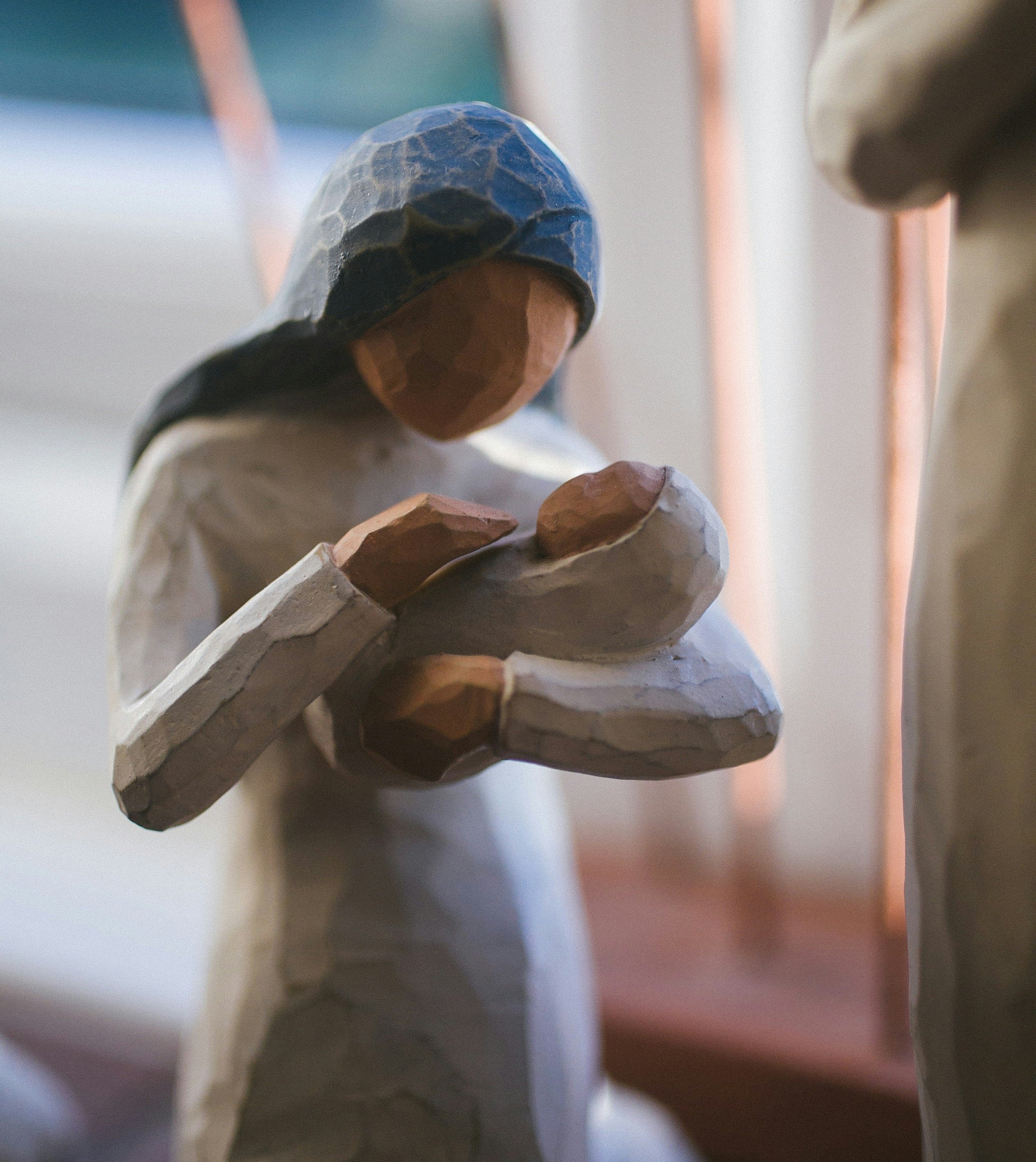
 Dr. Alexis Dallara-Marsh is a board-certified neurologist who practices in Bergen County, NJ. She is a wife to her best friend, Akeem, and a mother of four little ones on Earth and two others in heaven above.
Dr. Alexis Dallara-Marsh is a board-certified neurologist who practices in Bergen County, NJ. She is a wife to her best friend, Akeem, and a mother of four little ones on Earth and two others in heaven above.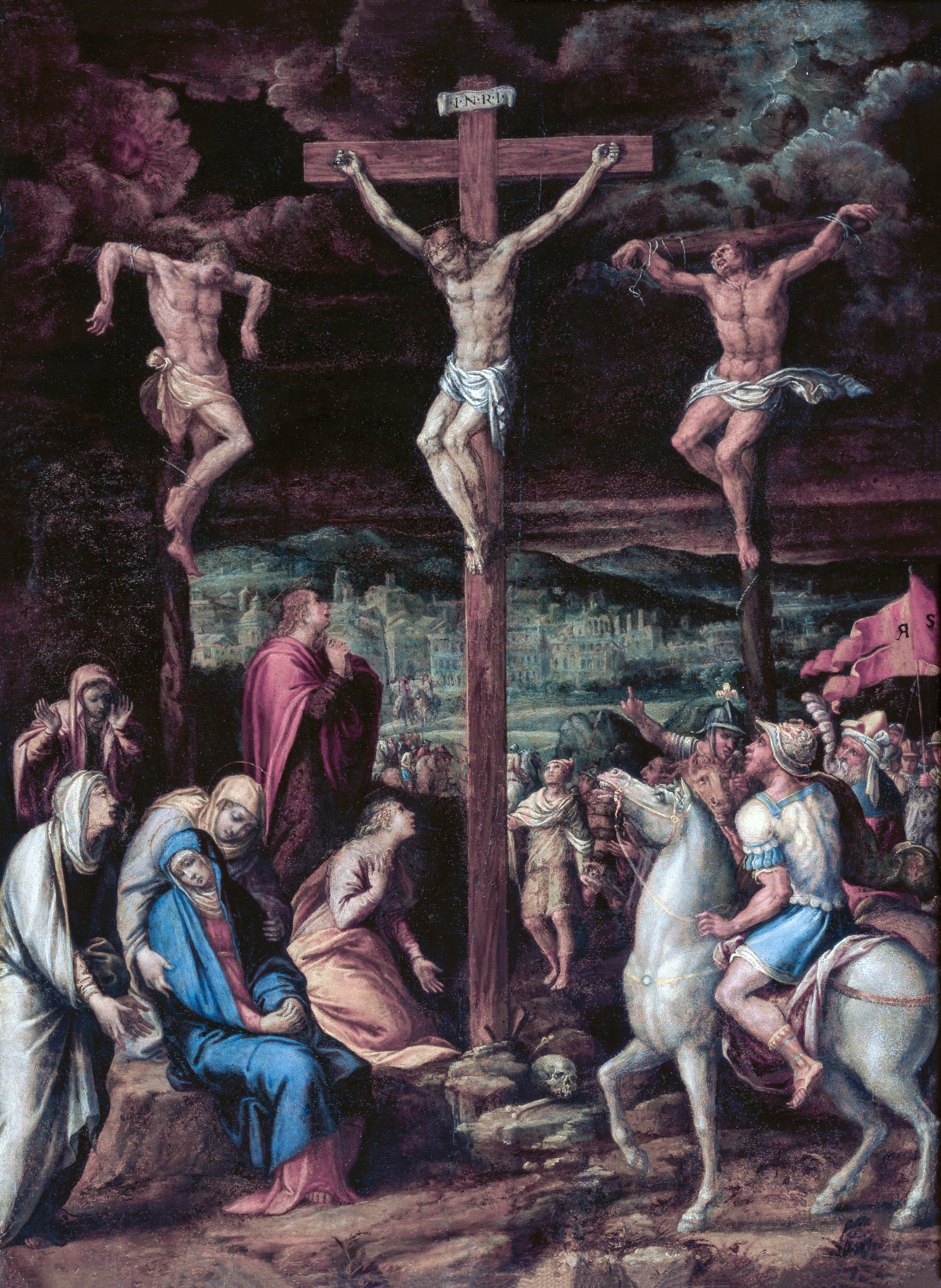
 Nicole Berlucchi is a faith and family blogger (
Nicole Berlucchi is a faith and family blogger (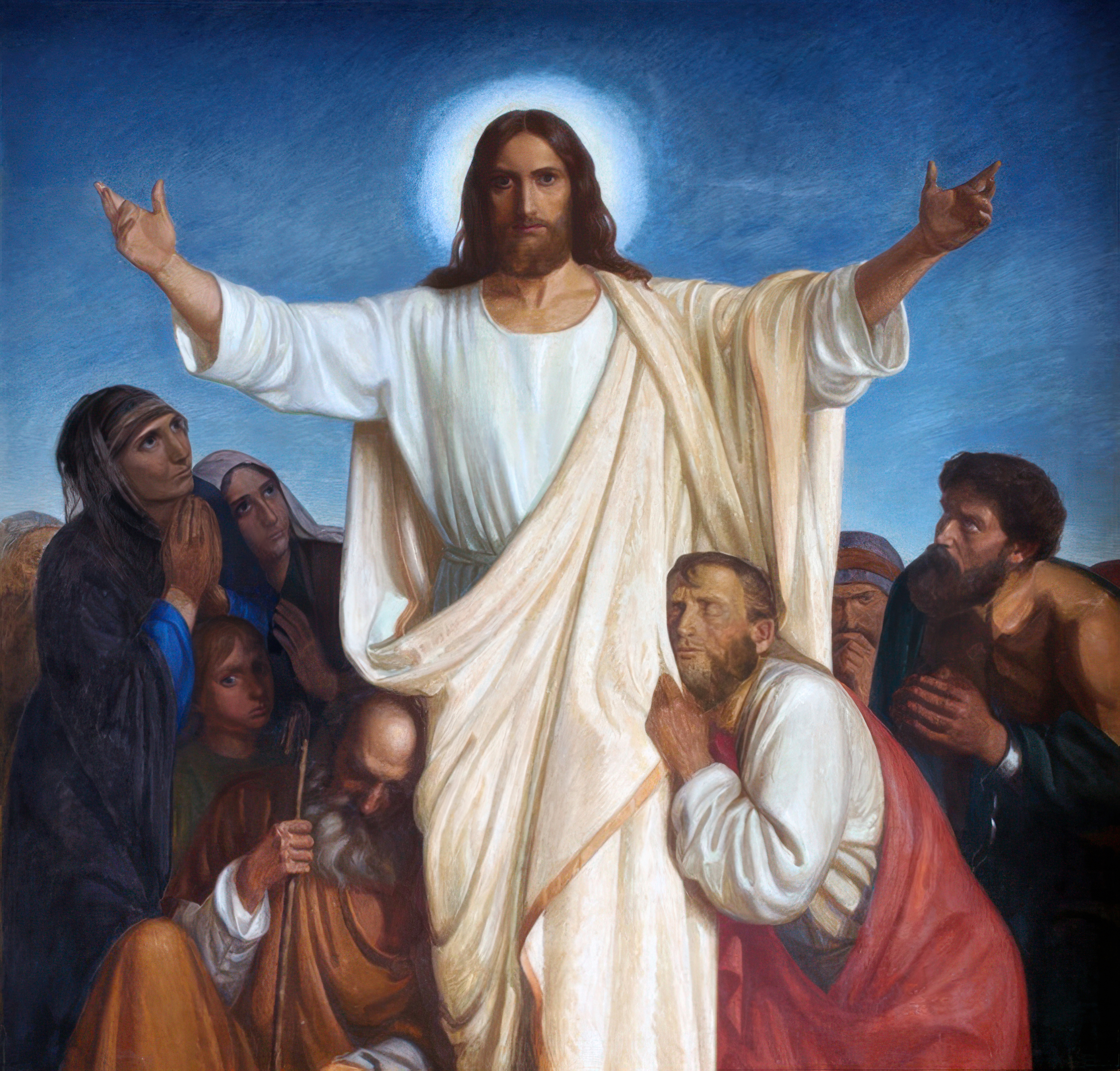
 Colleen Orchanian is a podcaster, blogger, and spiritual director who desires to help others have a more profound encounter with God. She is the author of three books: Nearer My God to Thee, Times of Grace, and Lingering with God. Her podcast is Food for Thought (Spiritually Speaking). You can learn more at
Colleen Orchanian is a podcaster, blogger, and spiritual director who desires to help others have a more profound encounter with God. She is the author of three books: Nearer My God to Thee, Times of Grace, and Lingering with God. Her podcast is Food for Thought (Spiritually Speaking). You can learn more at 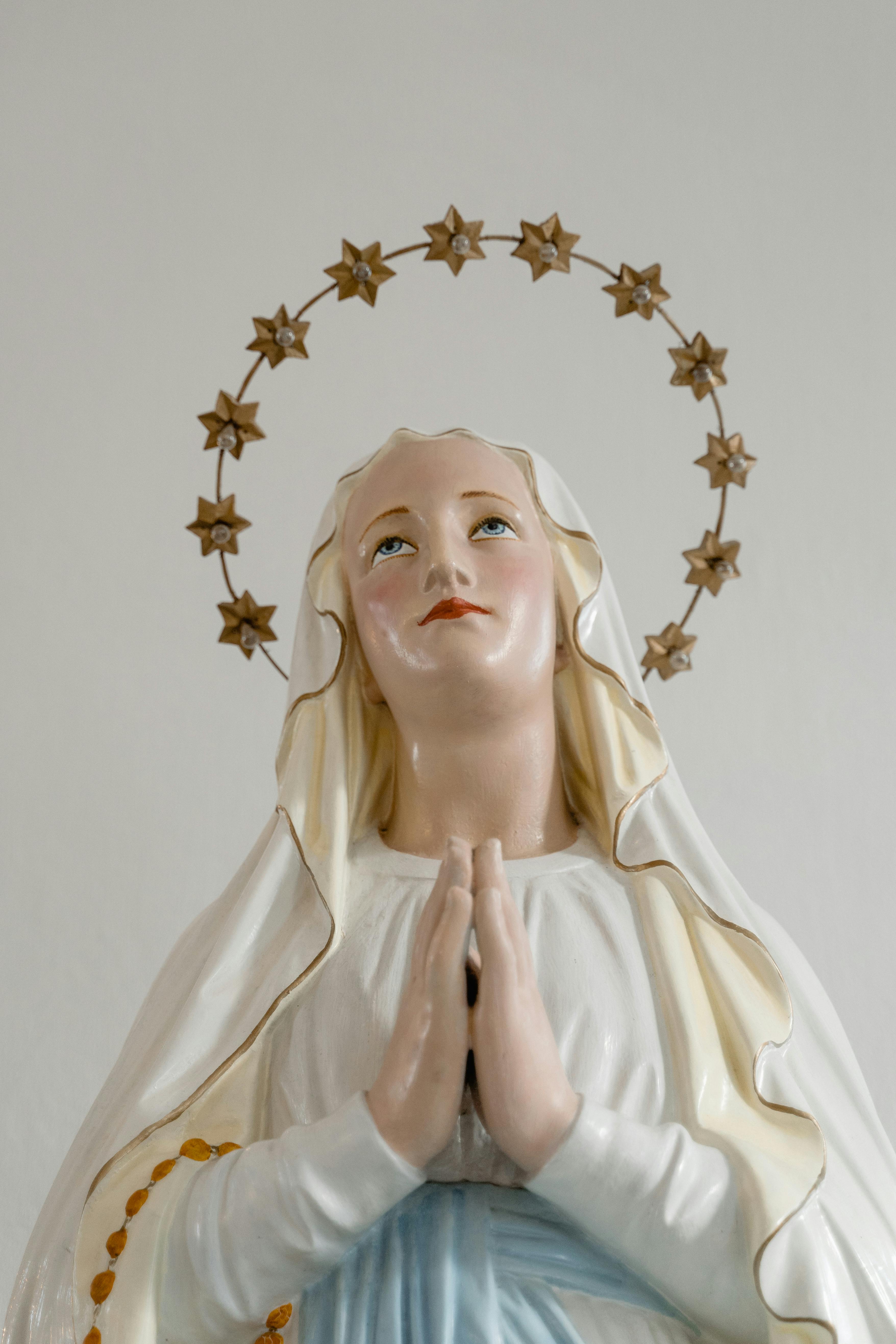
 Lily is a Michigan native and cradle Catholic who has spent most of her life exploring her own reasons to embrace her faith fully. She attended Franciscan University of Steubenville, where she discovered the beauty of her personal relationship with Christ and the Church. After college, she worked in Montessori Education for three years and recently transitioned to nannying. She was recently married and spends most of her time reading, and enjoying her dog and family!
Lily is a Michigan native and cradle Catholic who has spent most of her life exploring her own reasons to embrace her faith fully. She attended Franciscan University of Steubenville, where she discovered the beauty of her personal relationship with Christ and the Church. After college, she worked in Montessori Education for three years and recently transitioned to nannying. She was recently married and spends most of her time reading, and enjoying her dog and family!
 Ben Hooper is originally from Maryland, having been adopted from Korea and growing up in the Catholic faith. He went to Franciscan University to dive deeper into his faith and eventually graduated with a degree in Business Management. He loves musical theater, sports, spending time with his wife Lily and their dog Kolbe.
Ben Hooper is originally from Maryland, having been adopted from Korea and growing up in the Catholic faith. He went to Franciscan University to dive deeper into his faith and eventually graduated with a degree in Business Management. He loves musical theater, sports, spending time with his wife Lily and their dog Kolbe.
 Pamela Kavanaugh is a grateful wife, mother, and grandmother who has dedicated her professional life to Catholic education. Though she has done her very best to teach her students well in the subjects of language and religion, she knows that she has learned more than she has taught. She lives, teaches, and writes in southwest suburban Chicago.
Pamela Kavanaugh is a grateful wife, mother, and grandmother who has dedicated her professional life to Catholic education. Though she has done her very best to teach her students well in the subjects of language and religion, she knows that she has learned more than she has taught. She lives, teaches, and writes in southwest suburban Chicago.


 Allison Gingras (
Allison Gingras (

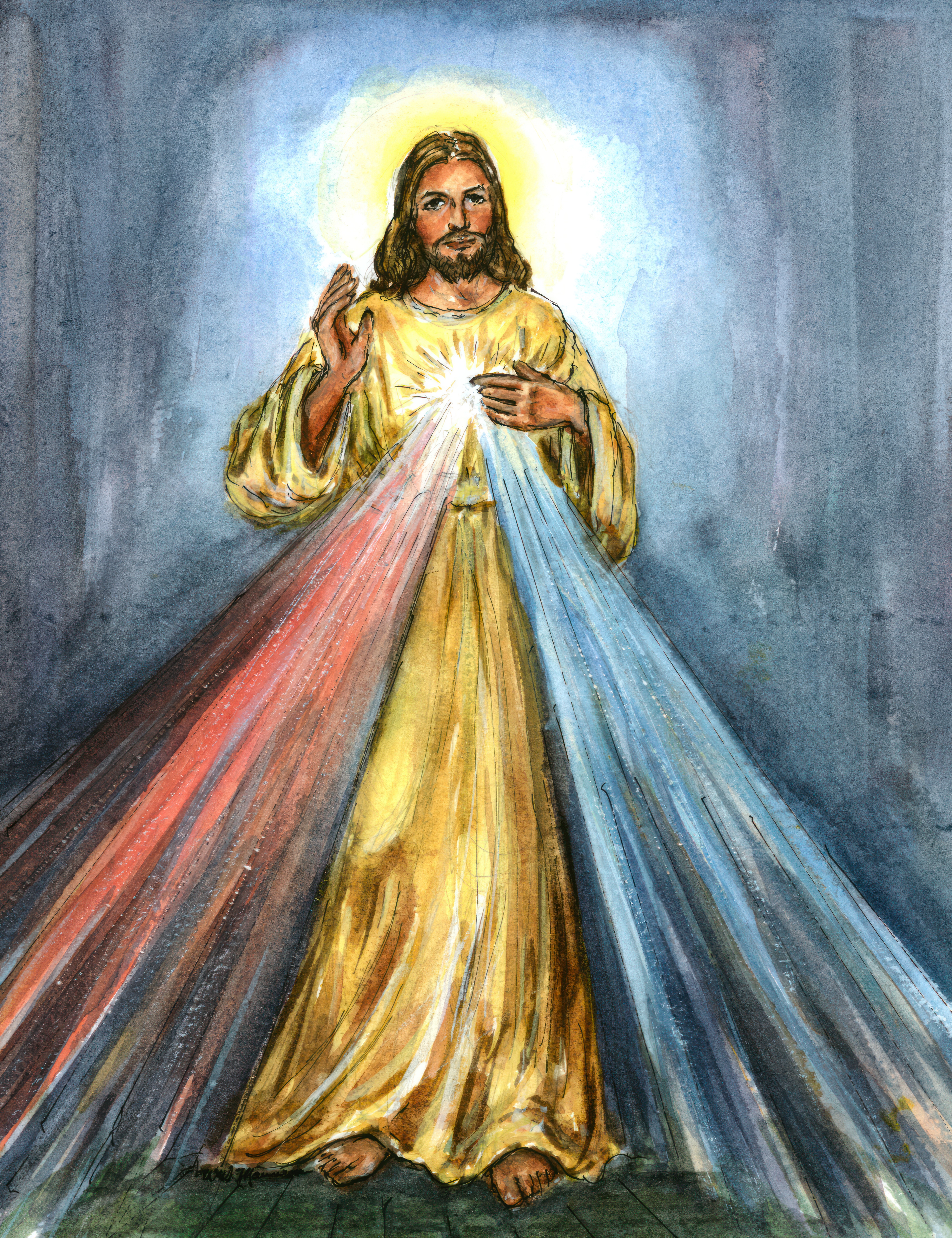
 Kathryn Mulderink, MA, is married to Robert, Station Manager for Holy Family Radio. Together they have seven children (including Father Rob), and eleven grandchildren. She is President of the local community of Secular Discalced Carmelites and has published five books and many articles. Over the last 30 years, she has worked as a teacher, headmistress, catechist, Pastoral Associate, and DRE, and as a writer and voice talent for Catholic Radio. Currently, she serves the Church by writing and speaking, and by collaborating with various parishes and to lead others to encounter Christ and engage their faith. Her website is
Kathryn Mulderink, MA, is married to Robert, Station Manager for Holy Family Radio. Together they have seven children (including Father Rob), and eleven grandchildren. She is President of the local community of Secular Discalced Carmelites and has published five books and many articles. Over the last 30 years, she has worked as a teacher, headmistress, catechist, Pastoral Associate, and DRE, and as a writer and voice talent for Catholic Radio. Currently, she serves the Church by writing and speaking, and by collaborating with various parishes and to lead others to encounter Christ and engage their faith. Her website is 